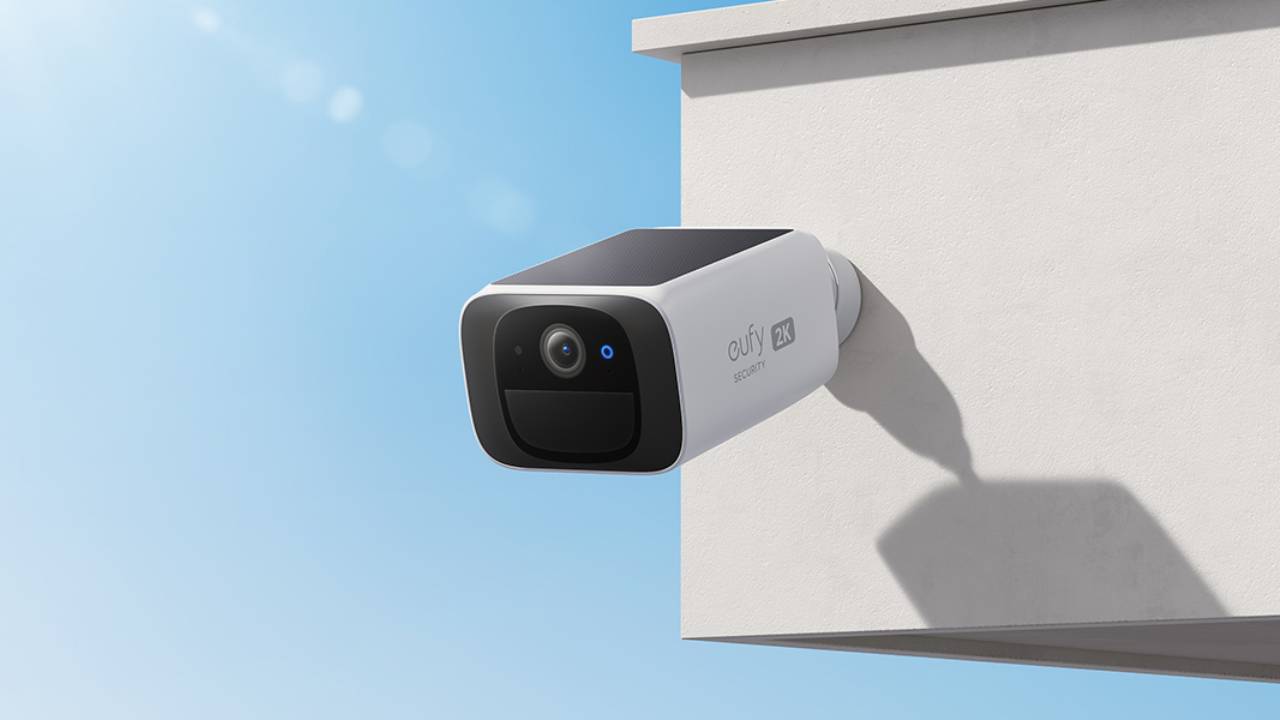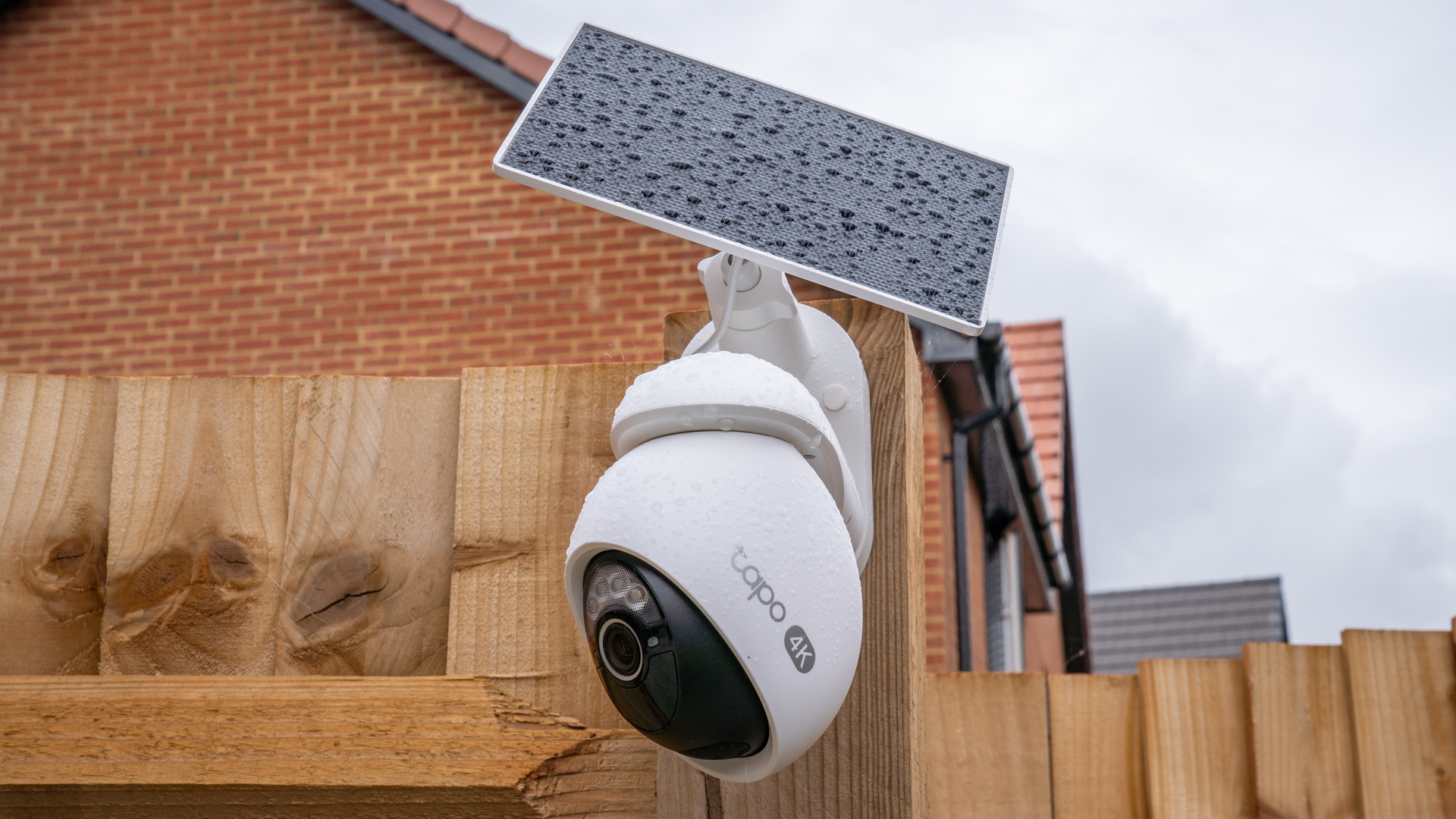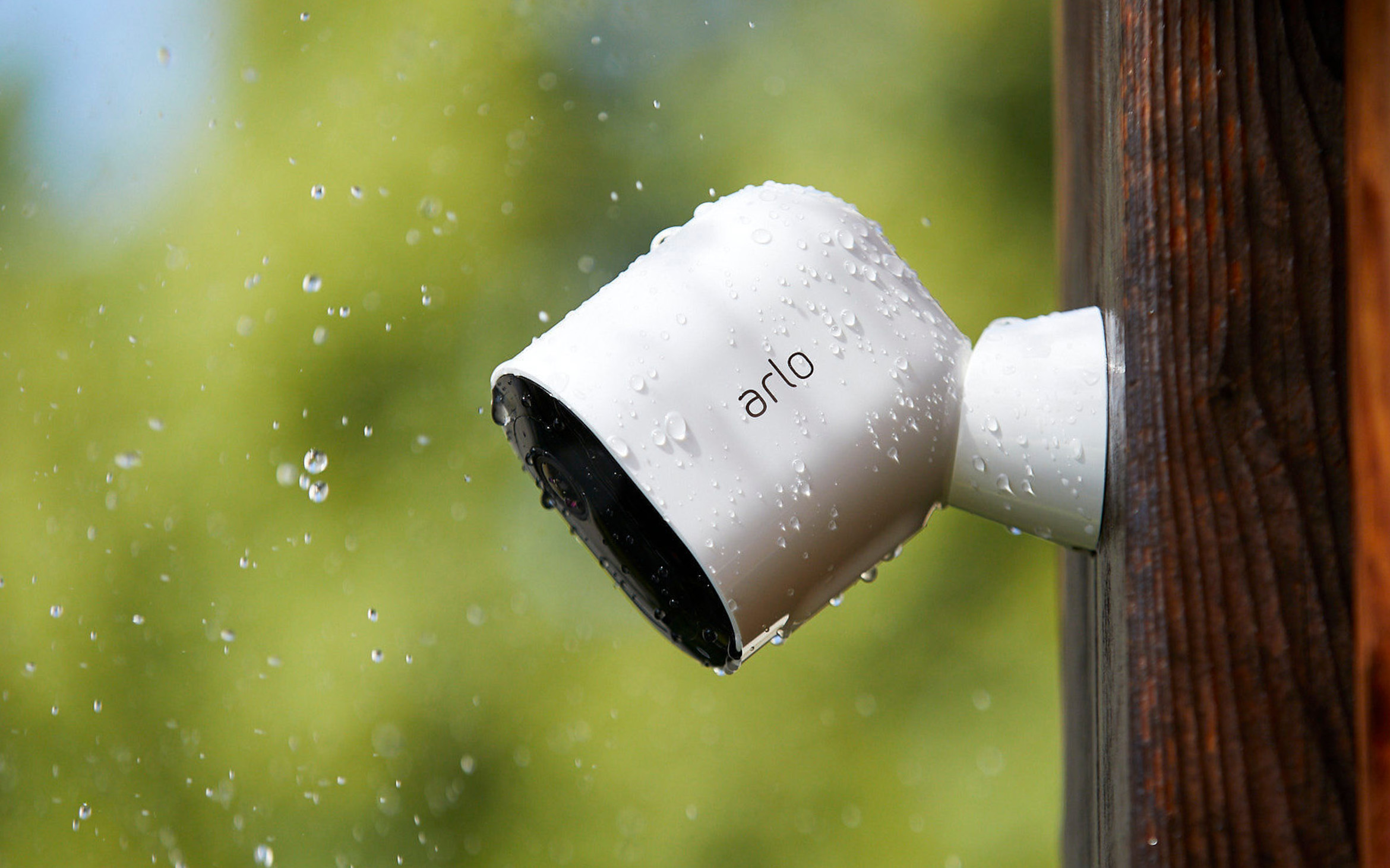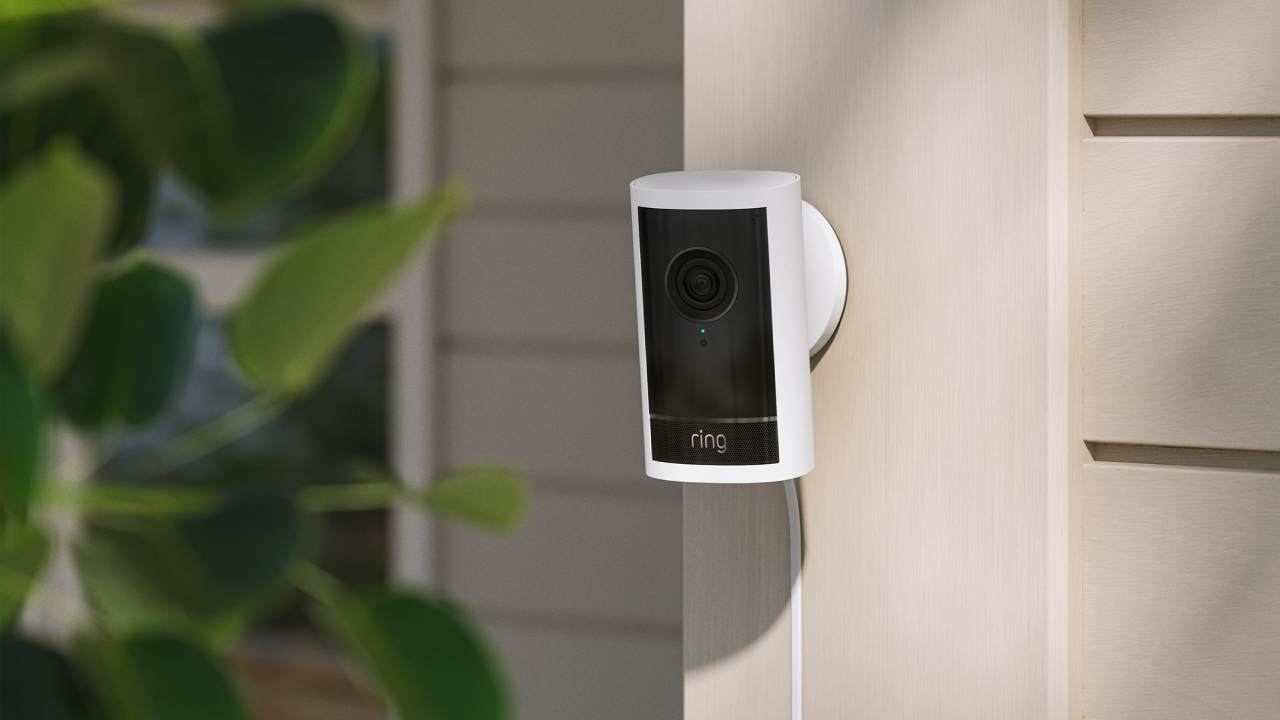2K vs 4K: what resolution do I need for my smart security camera?
Which resolution do you need for your smart gadgets?


Choosing the right security camera for your home is a challenge. Thanks to the rise in smart home devices, there are more brands and models than ever before. While that has made a huge difference in terms of cost, protection and installation, it also means there is a lot of confusion surrounding which features and design you need for your home.
If you’re in the market for an indoor or outdoor security camera, you’ll have seen the words ‘2K’ and ‘4K’ thrown around to describe the video quality. But what does that actually mean? Which is better? And most importantly, what will work best for your home?
2K vs 4K: what is it?
Before we get into the pros and cons of 2K and 4K resolution, it’s important to understand what this actually means. Resolution refers to the number of pixels (p) a digital image or video has. If an image has lots of pixels, that means it’s captured the highest detail and clarity possible – the higher the pixel, the more detail you’ll see.
For a 2K resolution camera, it’ll have approximately 2,000 pixels in an image or video. A 4K resolution camera – you guessed it – will have around 4,000 pixels. 4K resolution is higher in pixels compared to 2K so you’ll get sharper details in images and videos with a 4K camera.
2K resolution: pros and cons
Pro: Clarity and zoom
2K resolution is a significant step-up from 1080p which is what older cameras used to use. 2K resolution offers clear images that can accurately identify people, vehicles and objects so you can see everything with great clarity. With its number of pixels, 2K cameras or video doorbells can easily zoom in to capture footage in better detail or enhance an existing photo or video.
Pro: Smooth performance
Due to the number of pixels, 2K cameras actually perform a lot smoother than higher resolutions. It can process images and graphics much quicker so you get footage almost instantly.

Pro: Cost and storage
Another benefit of 2K cameras is their cost which will appeal to those on a tighter budget. 2K resolution doesn’t need as much bandwidth or storage space either, so you can save on storage and downloads. Potentially, you might not even need to worry about subscription costs if you don’t want to pay for extra storage.
Get all the latest news, reviews, deals and buying guides on gorgeous tech, home and active products from the T3 experts
Con: Lower quality
The main con of 2K cameras is that they have lower quality resolution than a 4K camera. That almost goes without saying but it’s worth putting it in writing.
Con: Could get left behind
As more 4K cameras emerge, 2K cameras could get left behind as smart technology continues to advance and 4K becomes the standard. This could result in you wanting to replace your security camera quicker than expected.
4K resolution: pros and cons
Pro: Incredible details, even in low light conditions
As you’d expect, 4K cameras have incredible resolution quality so you can see crisper, clearer details in your footage. The detail is exceptional for small or tricky details that you want to capture, like facial expressions and license plates.
Zoom is more enhanced with 4K cameras as they don’t lose too much clarity when zoomed in to the max. 4K cameras also have more advanced sensors and processing that helps them see better in low light conditions or in the dark.

Pro: Wider coverage
The majority of 4K cameras have wide-angle lenses which offer a wider field of view. Essentially, you get much better angles to cover more areas in or out your house.
Pro: Motion detection
As smart tech continues to evolve, features like motion detection have vastly improved. Of course, you can get motion detection with 2K but due to the higher resolution, it tends to work better and smoother in 4K.
Pro: Future-proof
4K cameras are becoming the norm, which has some serious benefits in terms of firmware and software updates to your cameras.
Con: Cost
As you’d probably expect, 4K cameras are more expensive than 2K cameras due to the higher resolution. If you have a pre-existing security system that you want to add a 4K camera to, you might not be able to due to compatibility issues, which could result in you having to completely replace your old system, a.k.a. another added cost.
Con: Storage and bandwidth issues
Due to the higher pixel count, 4K cameras have a higher requirement for bandwidth and storage. Processing 4K video needs more bandwidth and if you have a limited internet connection or slow speeds, this can take some time.
2K vs 4k: which resolution should you pick?

Down to the big question: which resolution should you pick? If you’re on a tight budget, 2K is your best bet as you get good quality, handy features and easy set-up at a low cost. But if you want clearer details and something you probably won’t ever need to replace, a 4K camera is a good choice.
If you’re asking me – T3’s resident smart home expert – I’d go for 2K. 2K cameras are great all-round gadgets that fit into most households, so they’re great for everyone, especially beginners.

Beth is Home Editor for T3, looking after style, living and wellness. From the comfiest mattresses to strange things you can cook in an air fryer, Beth covers sleep, smart home, coffee machines, watches, grooming tools, fragrances, gardening and more.
In her spare time, Beth enjoys running, reading, baking and attempting craft projects that will probably end in disaster!
You must confirm your public display name before commenting
Please logout and then login again, you will then be prompted to enter your display name.